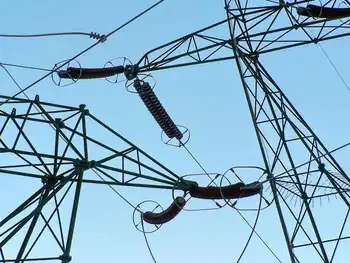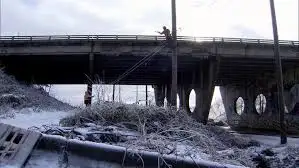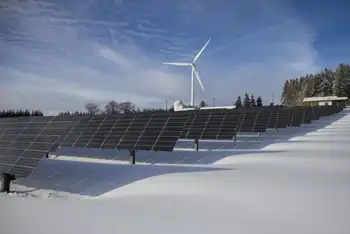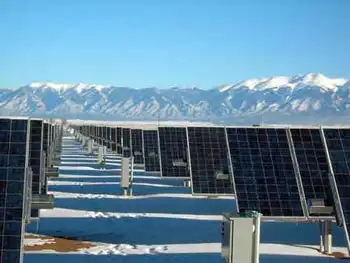FERC issues 2010 enforcement report
By By Kenneth W. Irvin, Mustafa Ostrander and Elizabeth P. Philpott, McDermott Will & Emery, LLP
Substation Relay Protection Training
Our customized live online or in‑person group training can be delivered to your staff at your location.

- Live Online
- 12 hours Instructor-led
- Group Training Available
The report provides an interesting and important window into otherwise non-public enforcement activities. It also identifies the priorities for 2011.
The report first notes FERCÂ’s efforts in FY2010 to further its goal of transparency with the issuance of the guidelines for calculating penalties, the order regarding notices of alleged violations and the announcement of the policy to disclose exculpatory materials to persons and entities under investigation.
One key element is the report describes all the self-reports and investigations over the past year. Enforcement staff received 93 self-reports in FY2010, down from 122 in FY2009. They closed 54 self-reports after an initial review, while 39 self-reports are pending initial review. Staff received self-reports from a variety of market participants, though they received an increasing number of self-reports from regional transmission organizations RTOs and independent system operators ISOs in FY2010.
Enforcement staff expects to see an upward trend in self-reports, especially due to the credit for self-reporting under recently issued penalty guidelines. The largest category of self-reports was for Tariff or Open Access Tariff violations. Self-reports of open access violations decreased, however, because natural gas companies have increased compliance efforts to prevent capacity release violations.
The report also provides some insight into the reasons why enforcement staff decides not to pursue enforcement action for certain self-reports, including these factors:
• Prohibited transactions were not actually executed
• No harm to the market or to any parties
• Violation was isolated, inadvertent or unlikely to reoccur
• Company took remedial action or instituted remedial measures to ensure future compliance action
• Company submitted a prompt self-report
• Company already paid penalties
• No indication of fraudulent behavior by the company, past wrongdoing or senior management involvement
• Compliance program provided adequate training regarding subject matter of violation.
Enforcement staff opened more non-self-reported investigations in FY2010 15 than FY2009 10. Most of the investigations addressed tariff violations, but the suspected violations also involved market manipulation, market-based rate violations and reliability standards violations. The potential misconduct was referred to staff by a variety of sources, including RTO and ISO market-monitoring units, other divisions within the Office of Enforcement, other offices within FERC and a call to the Office of Enforcement Hotline.
One closed investigation of note involved an inquiry by staff into whether certain entities trading natural gas futures contracts on NYMEX manipulated the settlement price through their trading during the 30-minute final settlement period. That shows FERC continues to see its anti-manipulation jurisdiction extend to activities outside of the physical electricity and natural gas markets, which activities affect those markets.
Enforcement staff, however, closed fewer investigations in FY2010 16 than FY2009 36. Similarly, staff concluded fewer investigations in FY2010 through settlement. Yet, it is noted that more investigations resulted in enforcement staff finding a violation and not assessing sanctions.
The report provides illustrations of investigations that were closed in which enforcement staff found a violation, but did not take any enforcement action. Staff explained it took into account the following considerations when deciding not to pursue enforcement action:
• Violations were inadvertent and infrequent
• Substantial compliance by the company
• No unjust profits retained by the company
• Company increased and improved training procedures
• Company modified compliance protocols.
Six investigations were resolved by way of an enforcement settlement in FY2010 compared to 22 in FY2009. According to the report, settlements decreased this year due to an increased focus on reliability and market manipulation cases. Half of the six settlement agreements involved violations of natural gas pipeline open access transportation requirements.
For 2011, the Office of Enforcement intends to maintain its focus on matters involving fraud and market manipulation, serious violations of reliability standards, anticompetitive conduct and conduct that threatens the transparency of regulated markets.











